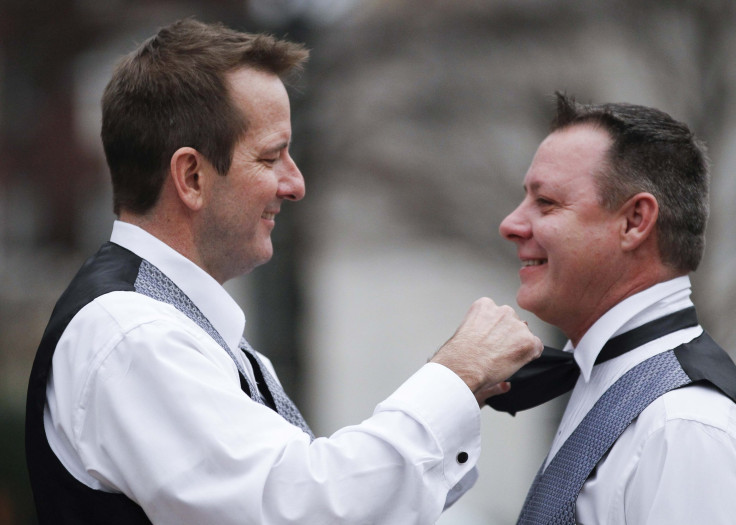Premarital Sex And Homosexuality Are Accepted By Americans Now More Than Ever

Researchers found that the number of people who accept premarital sex has risen to its highest recorded statistics, alongside homosexuality. These findings were found after the analysis of survey data collated across generations.
The research was led by Jean M. Twenge from San Diego State University, together with co-authors Ryne Sherman from Florida Atlantic University and Brooke E. Wells from Hunter College. After investigating the results of a General Social Survey performed amongs 33,000 American adults, the researchers were able to note significant changes in the hoomosexuality and non-marital perceptions of individuals from 1972 to 2012.
"The changes are primarily due to generation -- suggesting people develop their sexual attitudes while young, rather than everyone of all ages changing at the same time," said Twenge. "This has caused a large generation gap in both attitudes toward premarital sex and number of sexual partners," she said. Twenge is also the author of "Generation Me."
The study published in the Archives of Sexual Behavior indicated that the most significant shift was noted between individuals born in the early 1900s and 1940s to 1950s. Premarital sex were more accepted by those born between the 1980s to 1990s, compared to those who belong to the GenX or born in the 1960s. A 42 percent and 58 percent increase in premarital sex acceptance were observed in 2000 and 2012, respectively.
Furthermore, homosexual relationships were accepted more tremendously and increased from 13 percent in 1990 to 44 percent in 2012. The number of age-controlled sexual partners also changed across individuals born in the 1900s, 1950s and 1980s to 1990s, with percentage rise of 2.16, 11.68 and 8.26, respectively.
"Millennials are more accepting of premarital sex than any previous generation, yet have had fewer sexual partners than GenX'ers,” Twenge said. “This is consistent with their image as a tolerant, individualistic generation accepting others' choices and making their own." The significant shifts noted in the study were reportedly probably due to the increasing cultural individualism in the United States. "When the culture places more emphasis on the needs of the self and less on social rules, more relaxed attitudes toward sexuality are the almost inevitable result," Twenge closed.
To contact the writer, email: rinadoctor00@gmail.com.





















